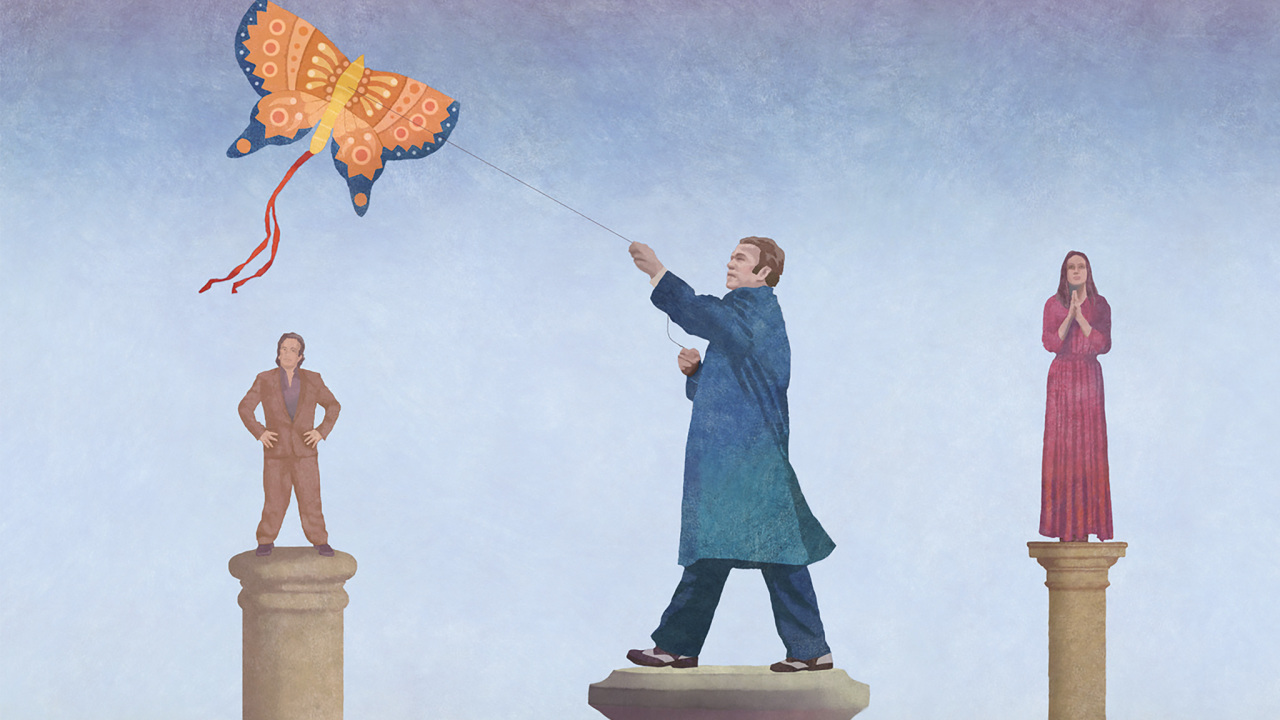Last year, Tim Bowness crowned a 25-year career with a tender, titanic masterpiece, Abandoned Dancehall Dreams. Only his second solo album, it distilled the best elements of his sterling work with No-Man and other collaborations, and draped his quietly forlorn vocals over music as big as an ocean. For many of us, it was one of the finest releases of 2014.
He returns with surprising swiftness and, again, a stellar guest list. From No-Man’s live line-up, Michael Bearpark, Stephen Bennett and Sanguine Hum’s Andrew Booker build the foundations, along with Colin Edwin (Porcupine Tree) and The Pineapple Thief’s Bruce Soord (who also mixed). Cameos come from no lesser lights than Peter Hammill, Phil Manzanera, Pat Mastelotto (King Crimson), Anna Phoebe and Gabriel/Bush guitarist David Rhodes. Classical composer and Fripp collaborator Andrew Keeling again provides string arrangements. The stage is set for Abandoned Dancehall Dreams 2, with semi-acoustic songs bolstered by orchestral arrangements, and the mood pitched between ambitious art‑rock and straightforward singer-songwriter sensitivity.
Yet while Stupid Things… offers no jarring shocks, operating fundamentally within the same lush and lovely perimeters, it is subtly different to its predecessor. The singer’s statement that it has in places “a hard rock influence” is somewhat baffling. It seems rather to hone in on the melancholy essence of Bowness’ writing and opt for a confidently restrained approach. With some obvious exceptions, the songs feel closer to the gentle gravitas of No-Man’s body of work than the depth-charge explosions of the last release. Whether that constitutes a rarefying of the air or a cautious holding manoeuvre depends on your taste for dynamic derring-do.
Stupid Things… operates within lush and lovely perimeters
Deceptively, the opener The Great Electric Teenage Dream (‘once a record, now an unpaid stream’) is big on beat and giddy with garrulous guitar interjections and climactic chants of ‘Dream! Dream! Dream!’ Sing To Me then more representatively sets the tone. It’s a reworking of a fragmentary old No-Man demo, now fashioned into a full six-minute psalm of sorrow. Lyrically loaded with longing for past loves, bursting into violin flourishes, it’s classically Bownessian.
There are, of course, curveballs. The “accidental pop” of the title track constitutes a three-minute fillip of electro-pop, while Press Reset clatters hungrily into throbbing neo-rock. Know That You Were Loved and At The End Of The Holiday revert to default mode: ballads that bask beautifully in their own bruises. This may not collar you as kinetically as last year’s model, but it’s surely a slow-burning sleeper.

